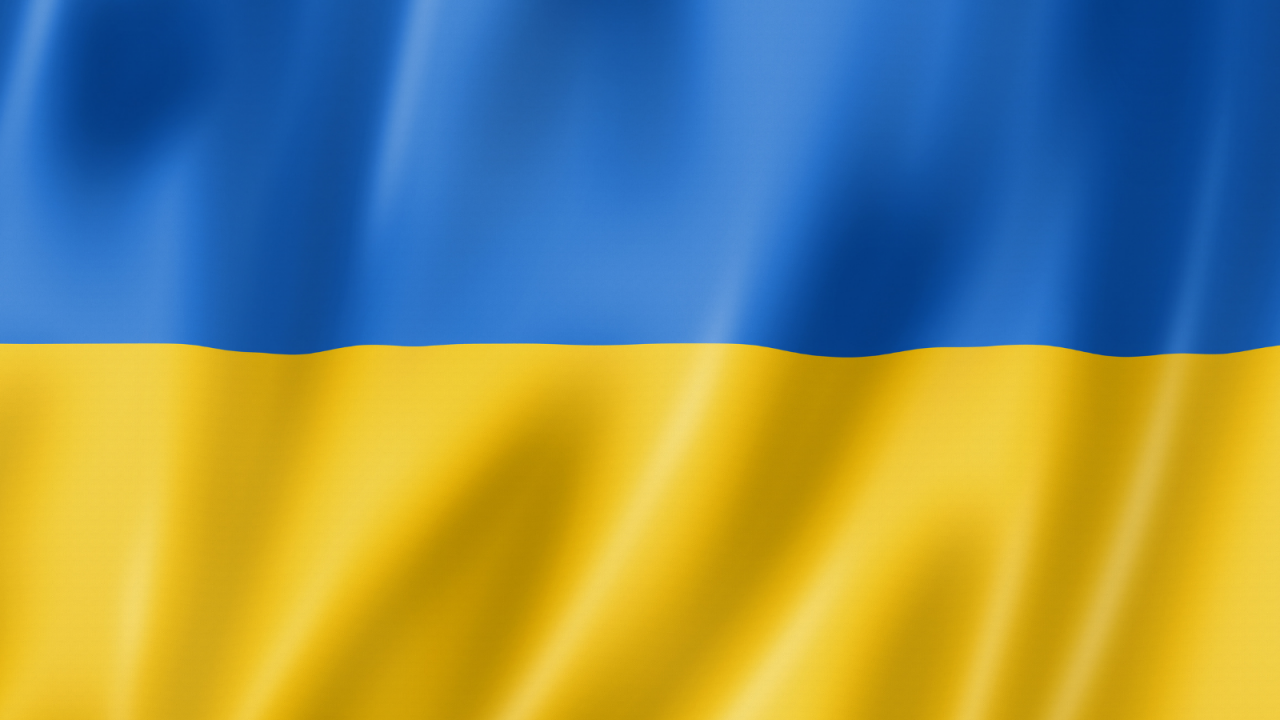Guidelines
In the context of a growing population of immunocompromised patients at risk for opportunistic infections, prevalence of invasive fungal infections, including infections due to Candida, Aspergillus and emerging and often drug resistant moulds, such as Mucorales, is on the rise. Despite these developments, all invasive fungal diseases meet the definition of orphan diseases and resources remain more limited than in other areas of medicine. While new diagnostic and therapeutic options are now available to tackle invasive fungal infections, up to date guidance for the correct utilization in the clinical setting is urgently needed.
On that background, ECMM sets out an unprecedented orphan diseases guidance initiative involving all disciplines involved in diagnosis and treatment of invasive fungal infections. Utilizing the global network of the ECMM Academy and the ECMM Excellence Centers, clinicians, microbiologists and other medical professionals from around the world (i.e. representing all UN regions) will be invited by ECMM to contribute their expertise. This unprecedented guideline initiative will therefore be the first to overcome nationalism and “continentalism” which have been common in guideline procedures. The goal is to connect professionals worldwide to develop global guidance for diagnosis and management of invasive fungal infections, that is stratified for high- and low-resource countries and therefore applicable worldwide.
This One World – One Guideline initiative was developed by Oliver Cornely and Martin Hoenigl in 2017. In 2018-2019 the initiative started with Guidelines on Mucorales, Rare Molds, Rare Yeasts and Endemic Mycoses. Guidelines on Cryptococcus and Candida will follow in 2020, and other guidelines will follow in 2021 and 2022.”



